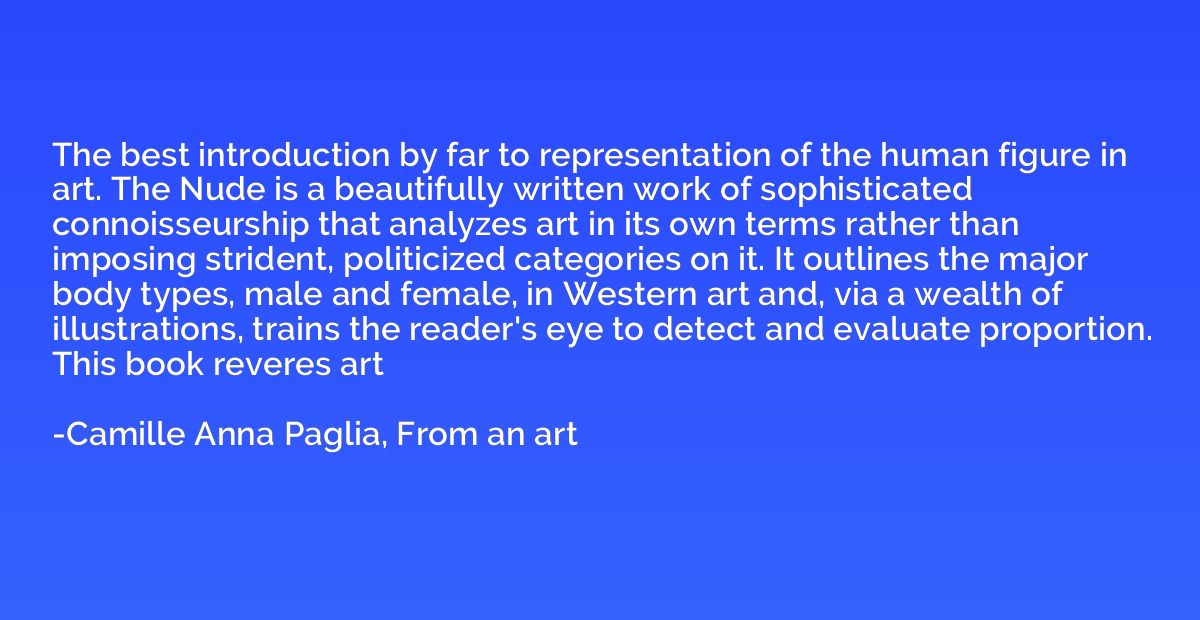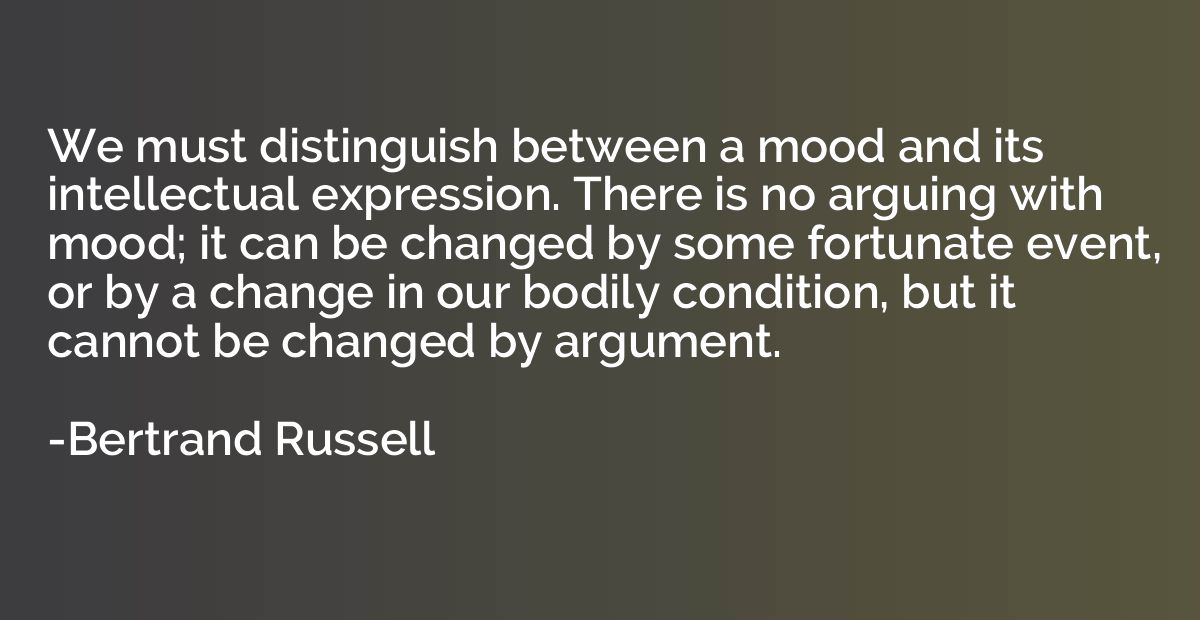Summary
This quote suggests that individuals who have a strong spiritual connection and a clear sense of purpose need not fear death. By having their thoughts and focus on higher realms or a heavenly existence, they find solace in the belief that their soul will transcend earthly limitations after death. It implies that a strong spiritual foundation allows one to approach mortality with courage and a sense of acceptance, knowing that their ultimate destiny lies beyond the physical realm.















